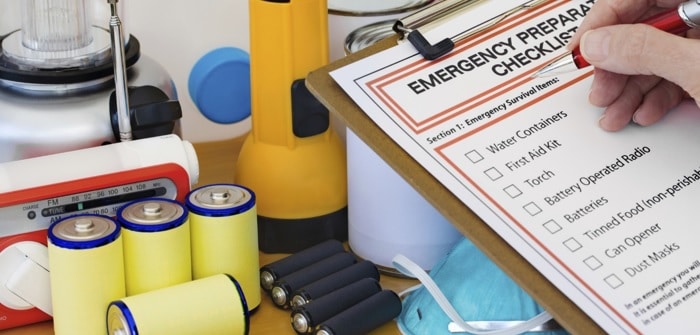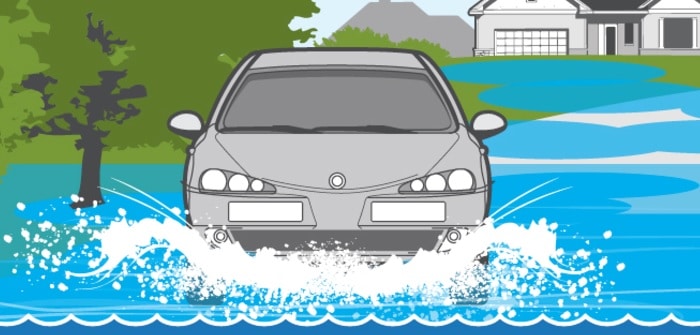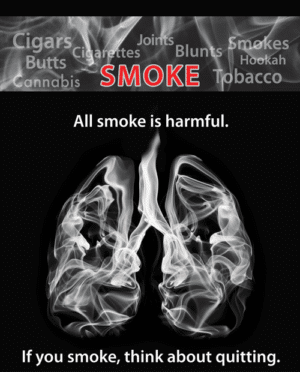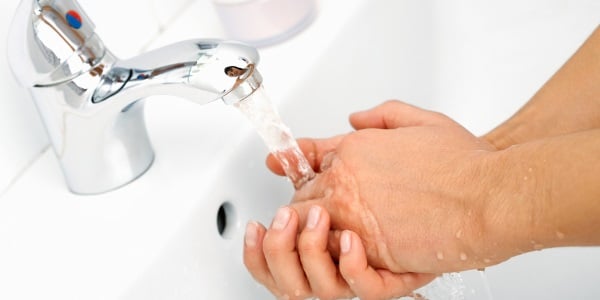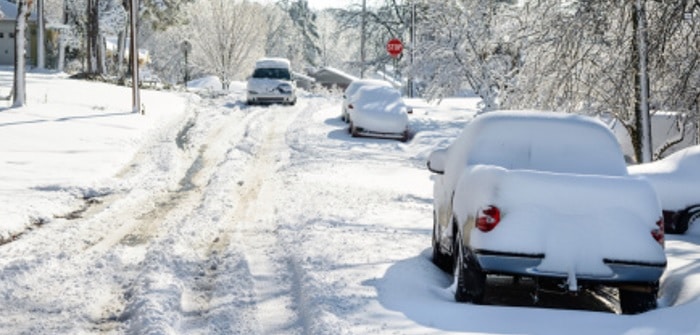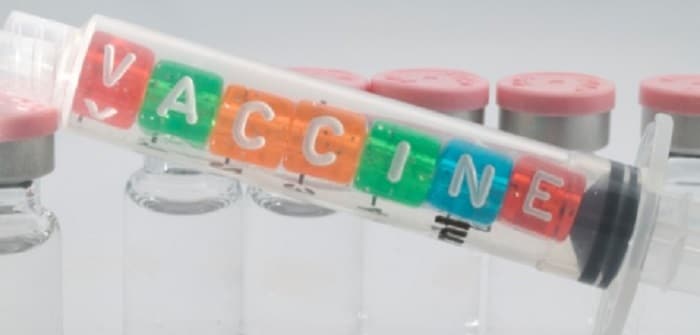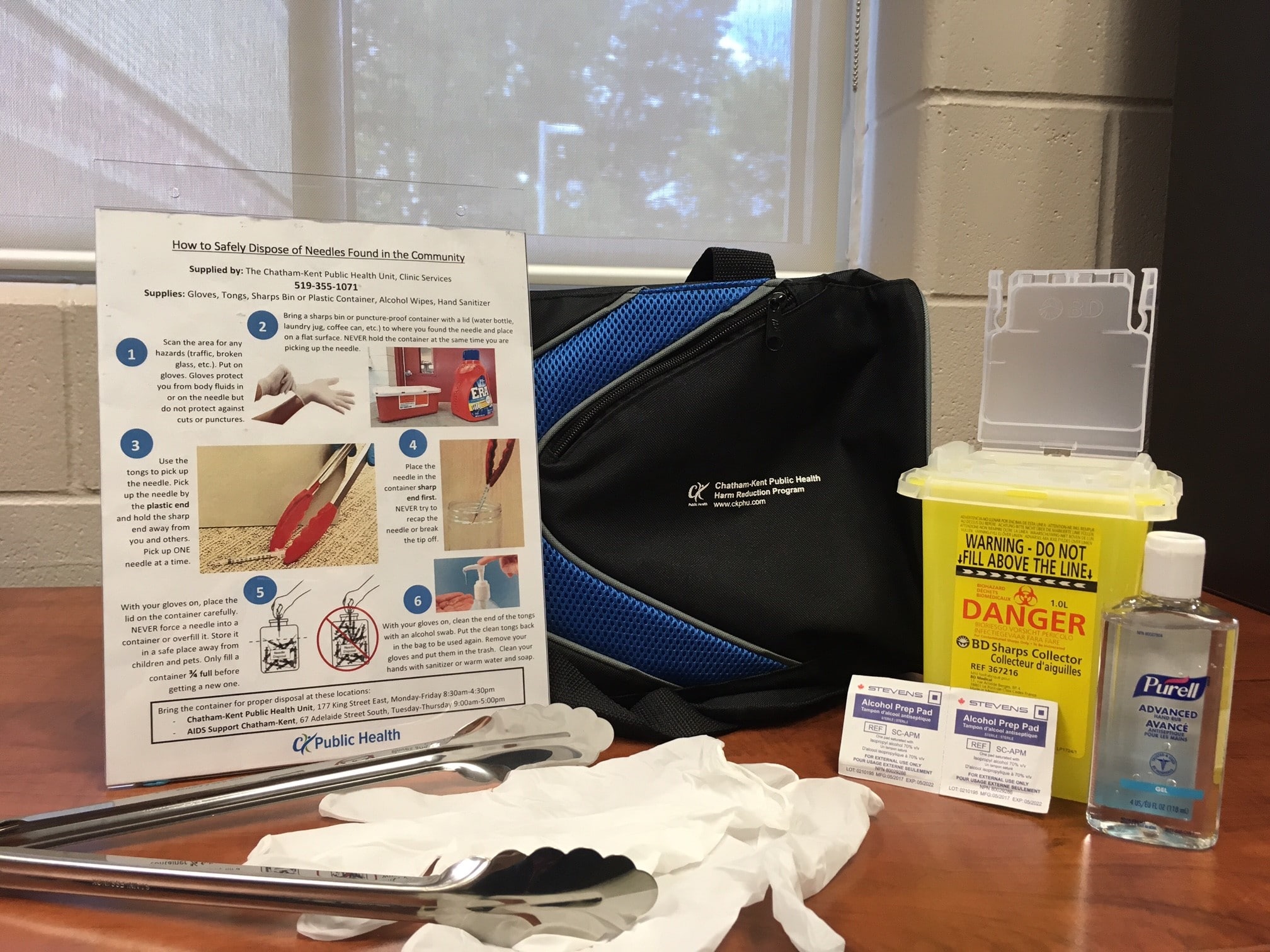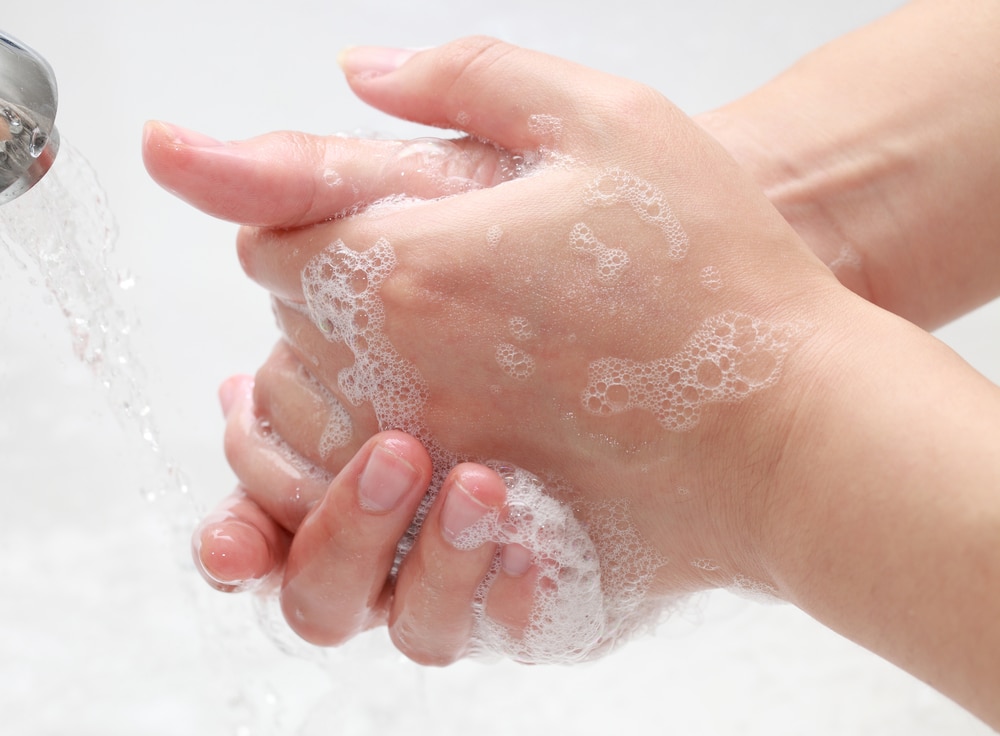Snow storms, spring flooding, tornadoes, power outages. Do you have what it takes to get through an emergency? Every household should have the following items in a basic emergency kit… Water – 2L per person per day Food – that won’t spoil, such as canned food, energy bars, dried foods Manual can opener Wind-up or battery-powered flashlight (and extra … Read More
Flooding has been predicted in Chatham-Kent
After a flood, food safety, water safety and home safety are important concerns to consider. Follow these guidelines to protect yourself and your family. For homes that have been without power, but haven’t suffered water damage food safety precautions should be taken. Throw out refrigerated food that’s been without power for more than 4-6 hours. For homes that have been … Read More
Flooding… Are You Prepared?
Flooding is typically cause by melting snow or heavy rains. With recent changes in weather, flooding in Chatham-Kent is a real possibility. To reduce the likelihood of flood damage or if a flood is forecast… If you are indoors: Do not store your important documents in the basement Move essential items (and household chemicals) to an upper floor Disconnect … Read More
Mind your “Business”
Mind Your “Business” The Action Canada for Sexual Health and Rights team is looking to raise awareness about this connection during Sexual and Reproductive Health Awareness Week from February 12-16th. This year’s theme for the week is Mind Your “Business,” and the goal is to address and raise awareness to the connection between sexual health and mental health and the … Read More
All smoke is harmful!
Smoke is Smoke – Tobacco, Cannabis, Hookah and E-cigarettes – Limit your exposure to it! Tobacco remains the leading cause of preventable disease and death in Canada. Tobacco use and exposure to second-hand smoke are link to cancer, heart disease and several other diseases. But have you thought about other types of smoke? All smoke is harmful, whether it comes … Read More
Stop! Clean Your Hands!
Hand cleaning is very simple. It is the best way to reduce the spread of bacteria and viruses such as the flu and MRSA after you’ve touched a potentially contaminated surface at the gym, at work or school, or at home or if you are dealing with a nasty cold. www.handhygiene.ca recommends that we clean our hands for at least 20 … Read More
Winter is Fast Approaching: Are You Prepared?
Winter can mean bitter cold and storms that bring high winds, icy rain or heavy snowfall. Are you prepared for whatever the season will bring? Do you have an emergency plan for you and your family? It only takes about 20 minutes to make a family emergency plan online. Before starting, think about: Identifying meeting places to reunite with family … Read More
Prevent Antibiotic Resistance At Home
Do you know that certain antibiotics no longer work on certain bacteria? This is because we often use antibiotics incorrectly and too often. We need to prevent this problem from getting worse. What can we do? As a patient, ask if tests will be done to make sure the right antibiotic is prescribed. Take antibiotics exactly as the doctor tells … Read More
Vaccines are Important!
Parents want to do everything possible to make sure their children are healthy and protected from preventable diseases. Vaccination is the best way to do that. Vaccination protects children from serious illness and complications of vaccine-preventable diseases which can include amputation of an arm or leg, paralysis of limbs, hearing loss, convulsions, brain damage, and death. Vaccine-preventable diseases, such … Read More
What is radon?
Radon is a radioactive gas that happens naturally when uranium in soil and rock breaks down. It is invisible, odourless and tasteless. How does radon it get into your home? Radon gas can seep in to your home through dirt floors, concrete-block walls, cracks in foundation walls and floors, sumps, drains, and gaps around pipes. What is the health risk … Read More
How to Safely Dispose of Needles
Finding needles in community areas such as parks is a health and safety concern for everyone. Used syringes should be disposed of properly in order to protect others from injury and infections like Hepatitis C and HIV. It’s important to remember that the risk of becoming infected with one of these infections through a needle-stick injury is very low. Prevention … Read More
Infection Control Week
Infection Control Week The third week in October is National Infection Control Week in Canada. This week is used to raise awareness to infection prevention and control (IPAC) issues. It may seem simple, but cleaning your hands properly is one of the best ways to stay healthy and prevent the spread of germs. There are two ways that you can … Read More

